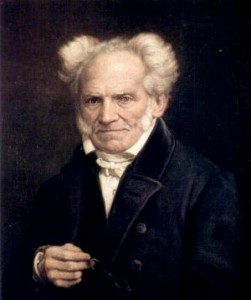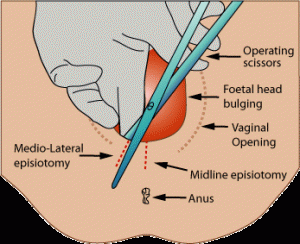[Originally published on An Awfully Big Blog Adventure, January 2016]
Recently, I’ve started paying attention, when reading children’s literature, to adult characters who don’t have children. This started as I was rereading Matilda last year to write an article on it; it struck me that the Trunchbull and Miss Honey shared one characteristic: their childlessness. But while the formidable headteacher hates children, Miss Honey’s own narrative arc in the story sees her eventually adopting Matilda (spoiler alert) (oops, too late). While Miss Trunchbull is quite clearly childfree (childless by choice), Miss Honey’s happy resolution seemed to entail being finally ‘completed’ by a child.
‘Childfree’ adults denounce the degree to which adults, in society, are seen as incomplete when they don’t have children; to them, it isn’t the case that any adult in possession of a good mortgage must be in want of a child. Children’s books, in this respect, seem to me in general to perpetuate the idea that adults need children. Worse, they often appear to imply that childless adults have a problem that needs to be rectified (= they need a child), and childfree adults, meanwhile, should be either completely in the service of children, or suspicious, monstrous, or dangerous.
Here’s a vague taxonomy of childless and childfree adults I’ve been playing around with in my head. Feel free to add, criticise and nuance! Children’s literature seems to me to categorise childless and childfree adults broadly according to those lines:
The childfree (childless by choice):
– The monstrous and the murderous: Dahl’s Witches, Carroll’s Red Queen, Barrie’s Captain Hook. Ogres and giants. They hate children. But they are also clearly obsessed with children. Their whole raison d’être is to kill a lot of them.
– Cool uncles and aunts, nice godmothers: Those childfree adults are equally obsessed with children, but devote so much time to children who are not their own that presumably they don’t need their own; in fact, that would probably come in the way of the affection that the protagonist needs exclusively. Basically, they’re surrogate parents, but allow for the necessary fifty shades of authority that are germane to children’s books. Godmothers in fairy tales, Rowling’s Sirius Black, Dahl’s BFG, Jules Verne’s many travelling uncles, and my own Sesame Seade’s lazy student boss Jeremy.
– Anthropomorphic animals and picturebook adults: This category of adults who are basically children doing adult jobs, and who mostly appear as protagonists in literature for the very young. Those adults by definition cannot have children, since they are essentially placeholders for children themselves.
The childless: (not by choice)
– Those who are mourning a child, or mourning never having had a child: melancholy figures who, explicitly or implicitly, appear sad to not be parents; or have lost their child, or a child very close to them, and are generally on their own path of mourning and grief. Often, this translates as some emotional investment in the child protagonist of the story. E.g. Lois Lowry’s Giver, Ma Costa in His Dark Materials, and even Dumbledore who lost his younger sister. They are, I think, a sad or more profound variation on the childfree ‘in loco parentis’ adult described above.
– Those for whom being childless is fairly unproblematic, but who end up looking for a child for various reasons: E.g. Miss Honey, as mentioned earlier, but also for instance the bizarre Willy Wonka, whose name implies that there might be something wonky with his reproductive organ, leading him, at the age of I have no idea how many years, to have to look for an heir.
Blurry zone: Teachers
Teachers are an interesting, huge category of childfree/ childless adults in children’s literature. To my knowledge, no Hogwarts teacher has children. In fact, many teachers in children’s literature seem mysteriously to have no kids at all. Whether it’s by choice or not, teachers seem to devote their whole time to other people’s children. I wonder if it’s because teachers’ children (who do exist in children’s books, but not that many) would distract from the total absorption that child protagonists require from their teachers. It mirrors the narcissistic impossibility, as a young child, to imagine that one’s teacher might have a private life, or – horror!- other children than us to look after.
It seems to me that children’s literature shows a lot more empathy for the childless than for the childfree; and presents the childfree as being still very invested in children, whether nefariously or positively. In other words, children’s literature doesn’t really let adults, at least in leading or secondary roles, be indifferent to children.
Of course, indifference towards children couldn’t be very frequent among adults in children’s literature, because of clear narrative and generic reasons: this type of text, obviously, is rather centred on children, so adults in children’s literature need to work within that narrative. But as a result, of course, we grow up thinking that adults must be interested in children, by nature and by necessity; and if not, it makes them suspicious.
Please add your own thoughts! This is a very quick and not very deeply thought-out taxonomy, and I’m sure I’ve forgotten lots.


